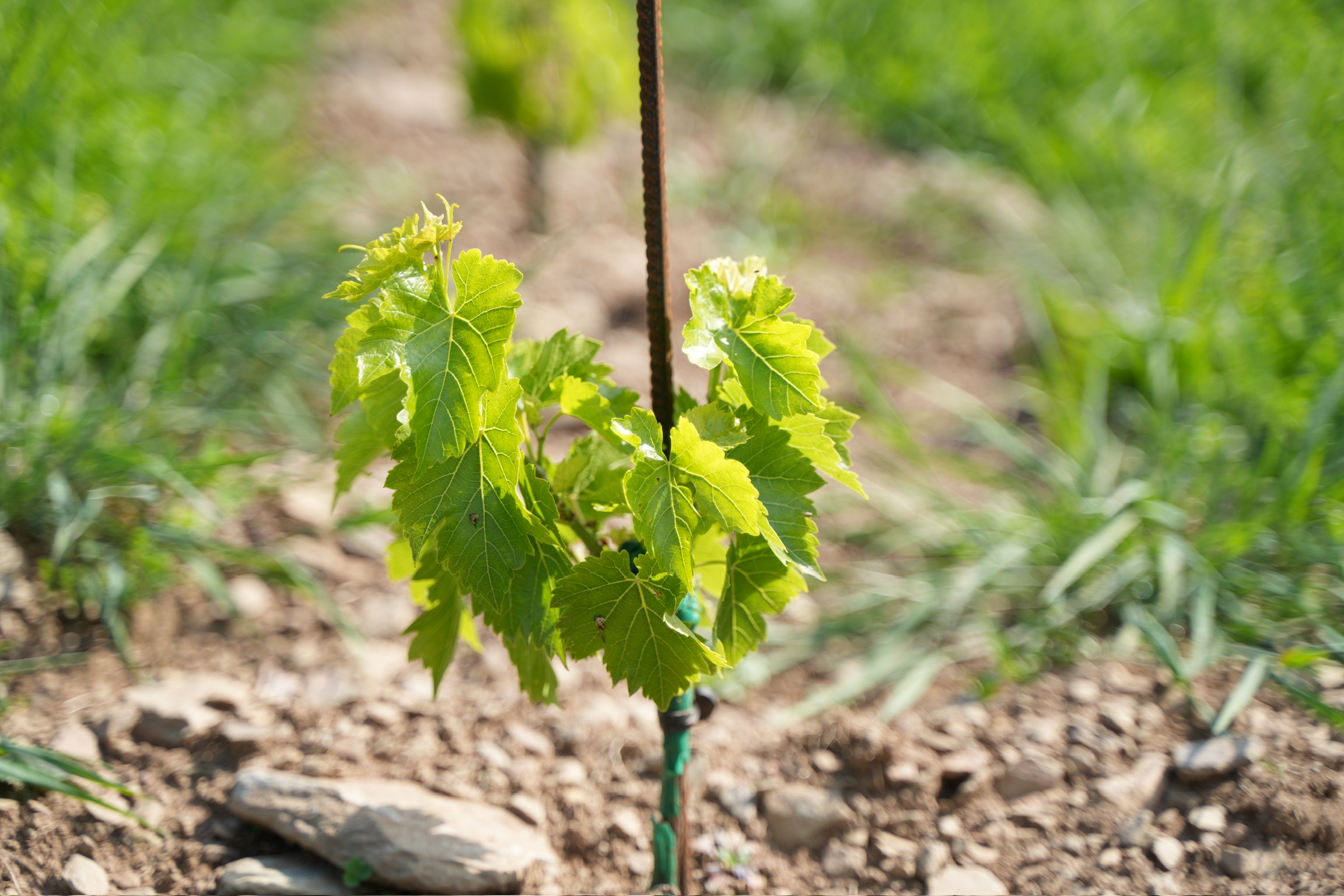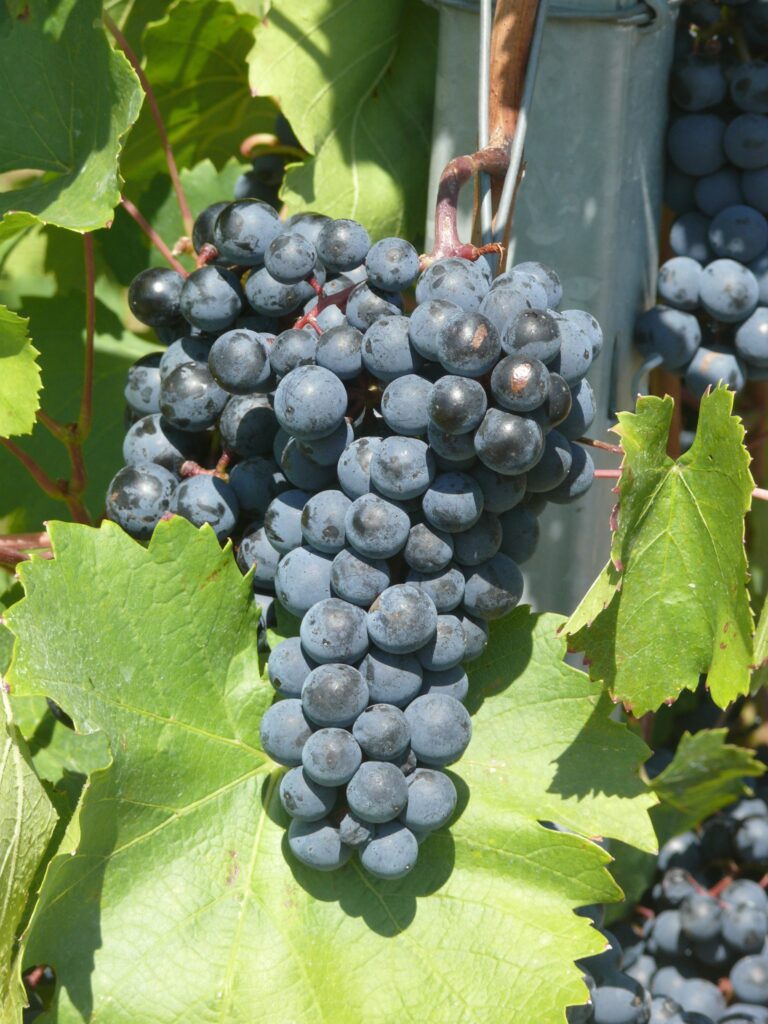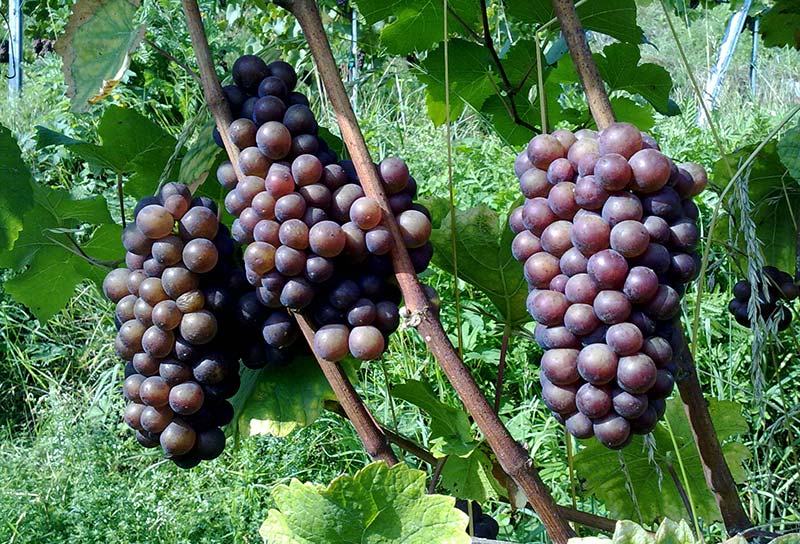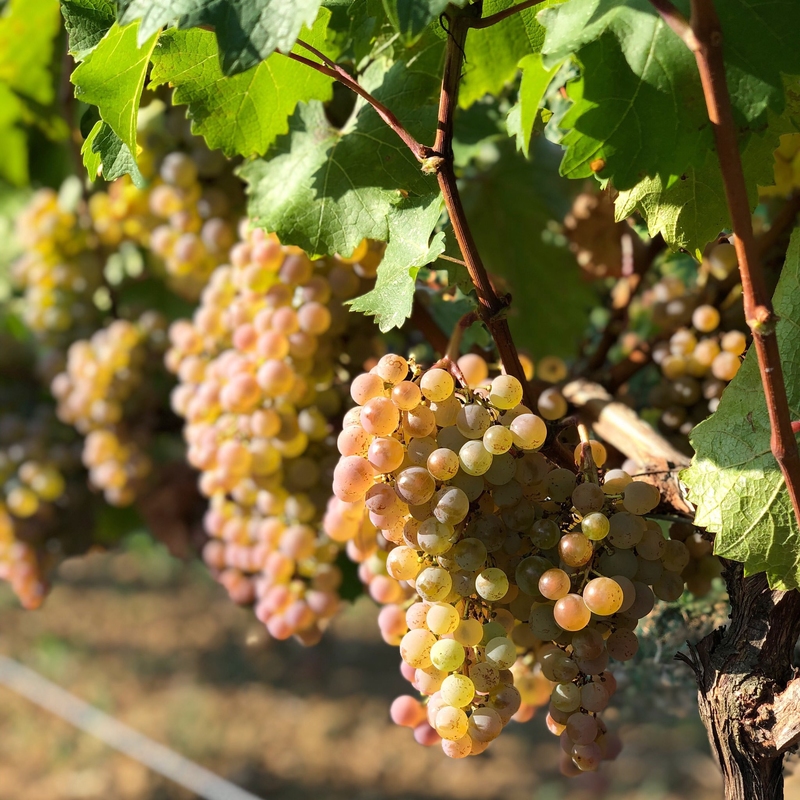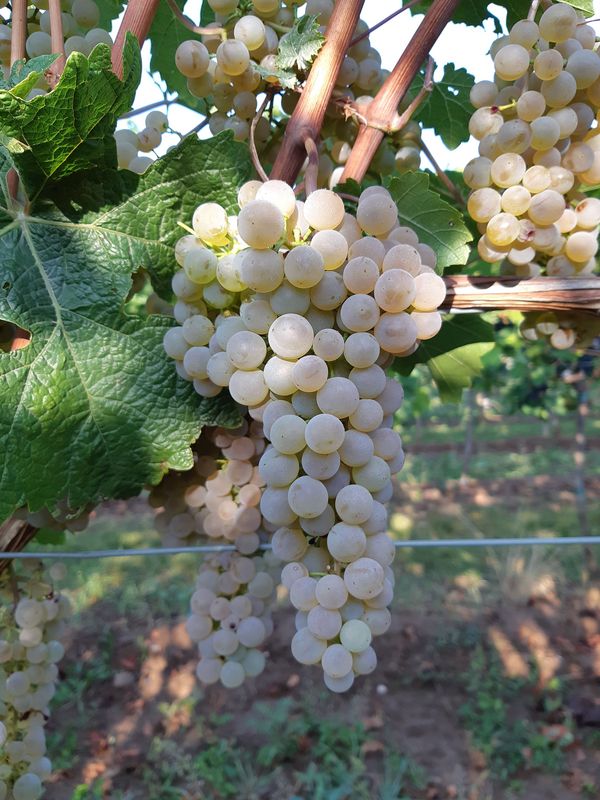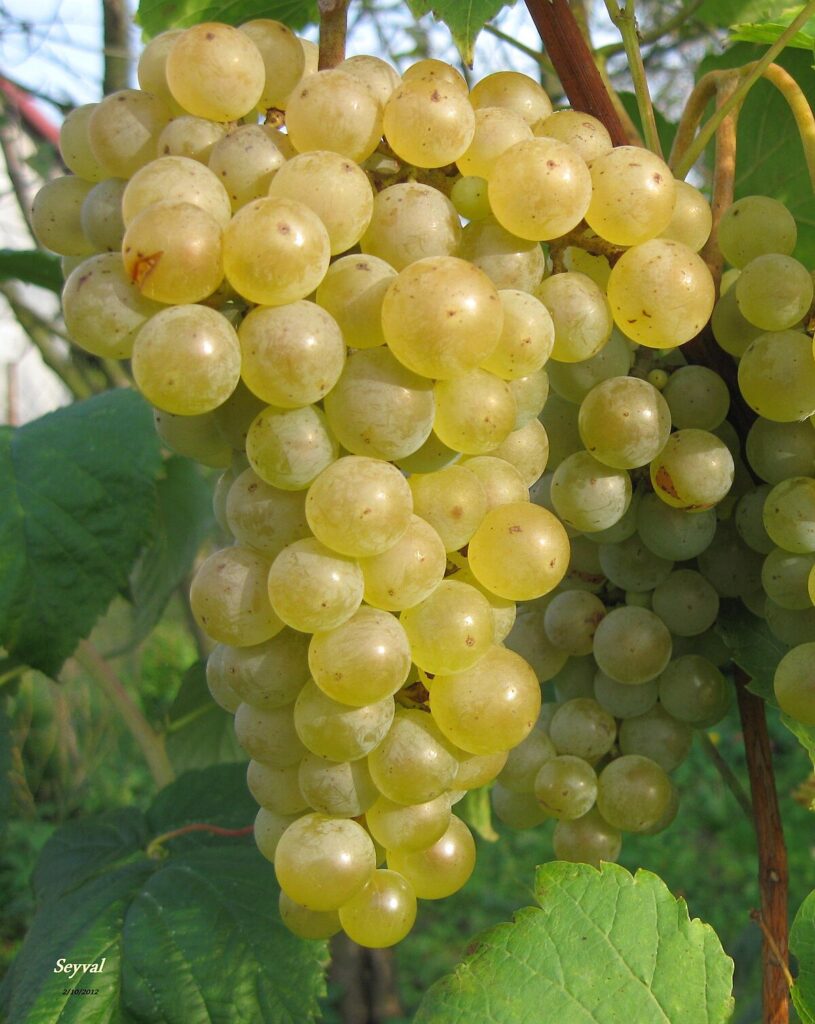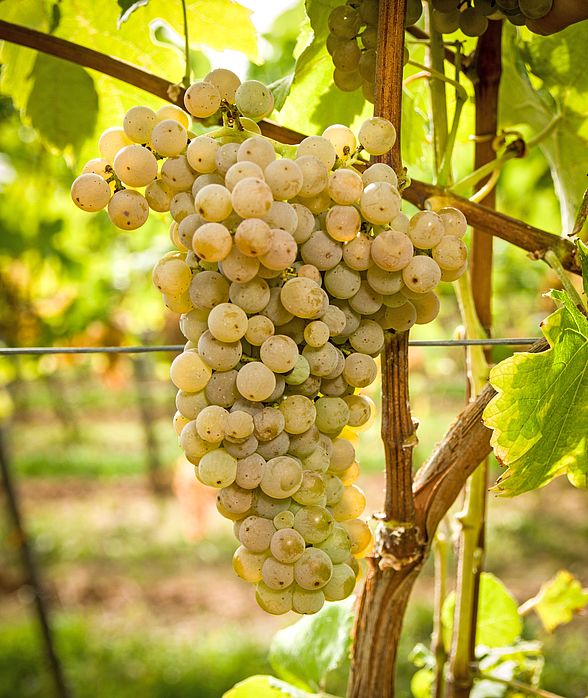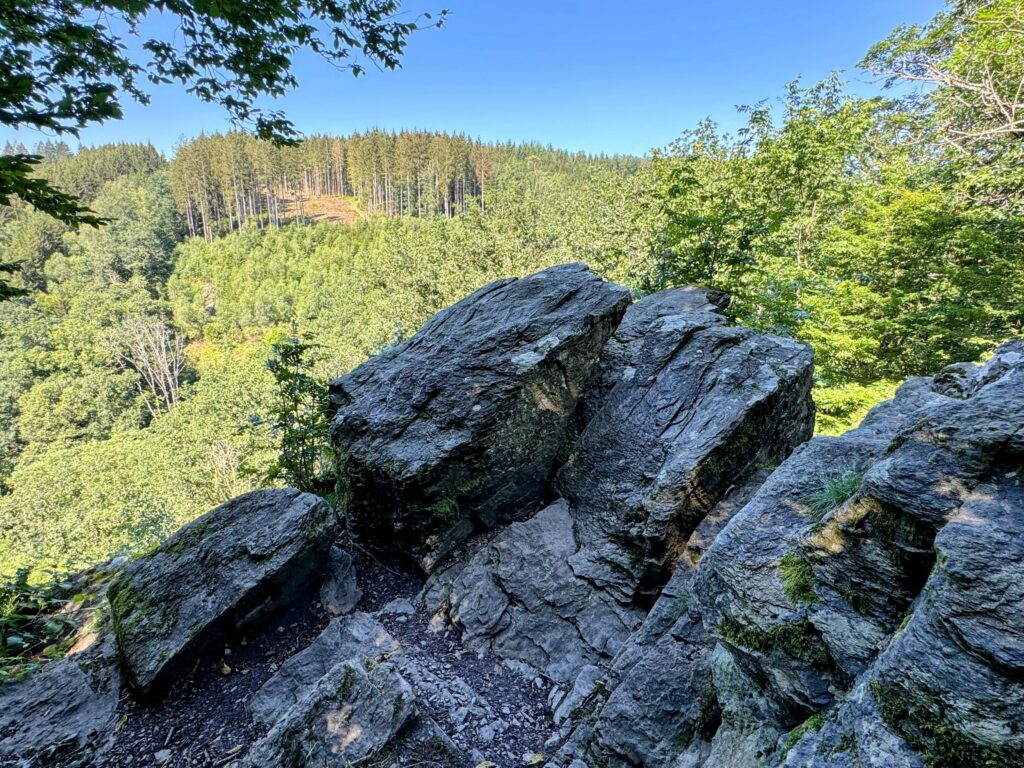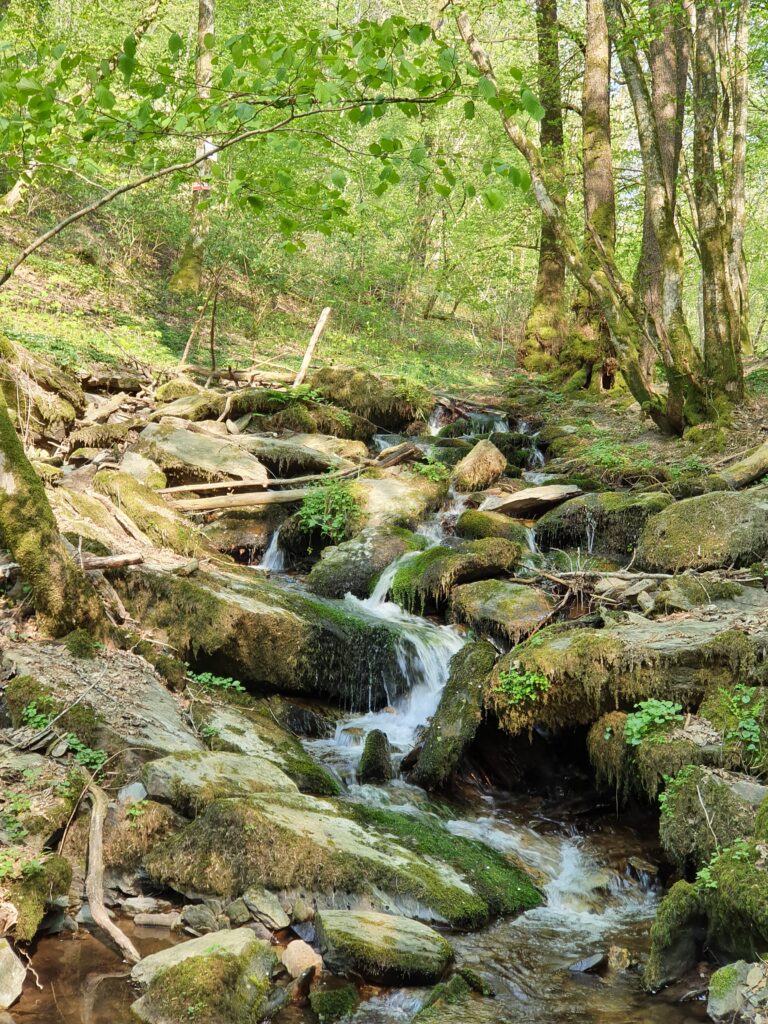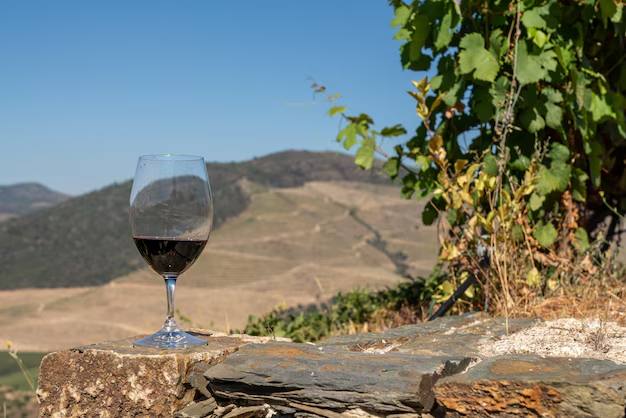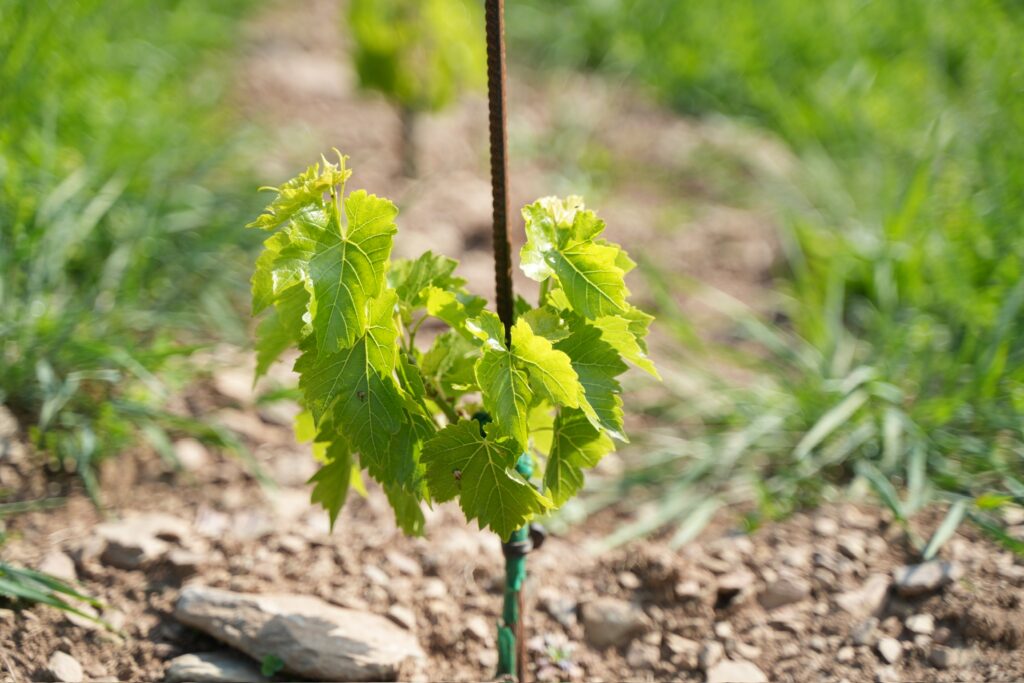We look forward to hearing from you! Whether you need information, want to make a reservation or are simply curious, don't hesitate to write to us.
the vineyard
Roisechamp 
A preserved terroir, authentic and refined wines
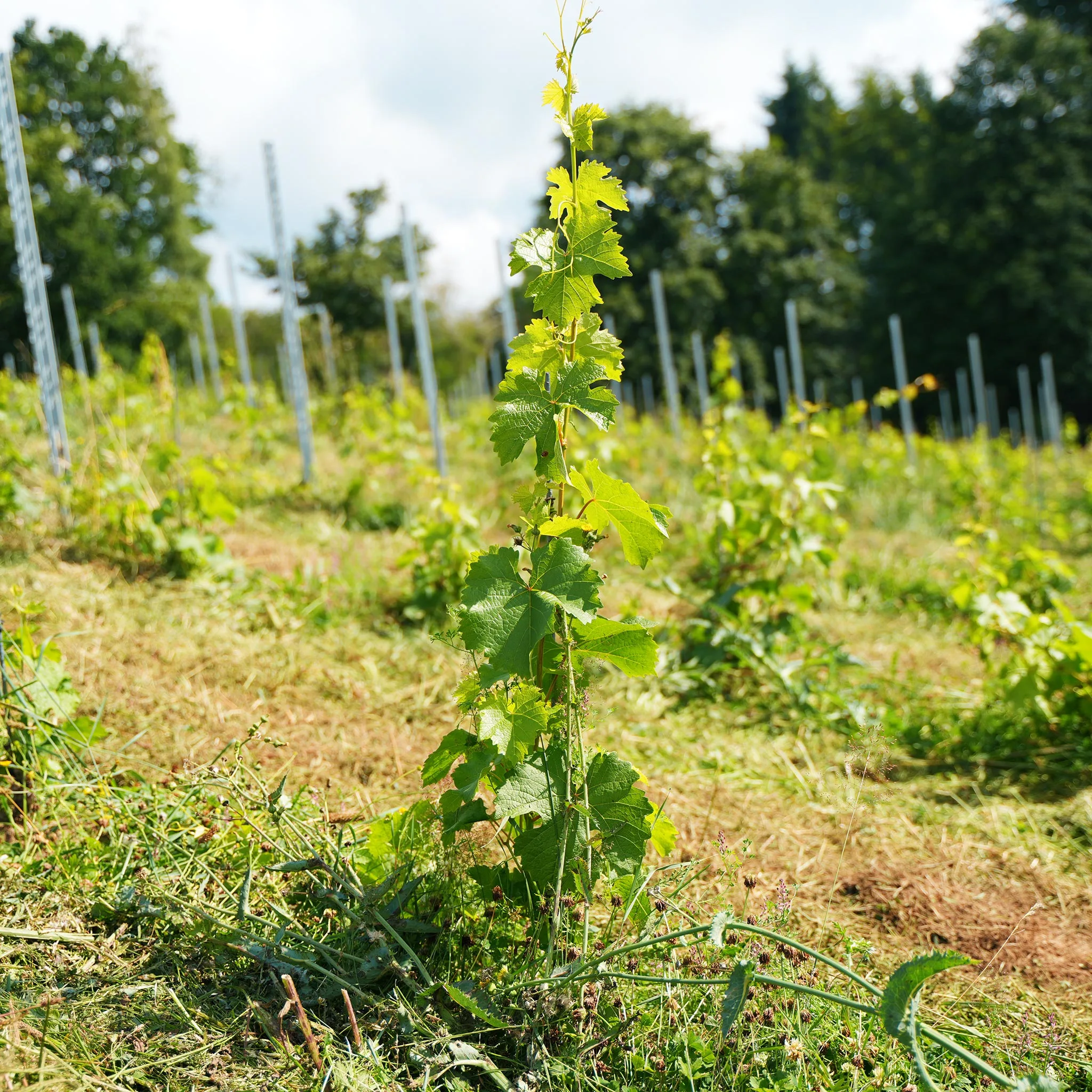
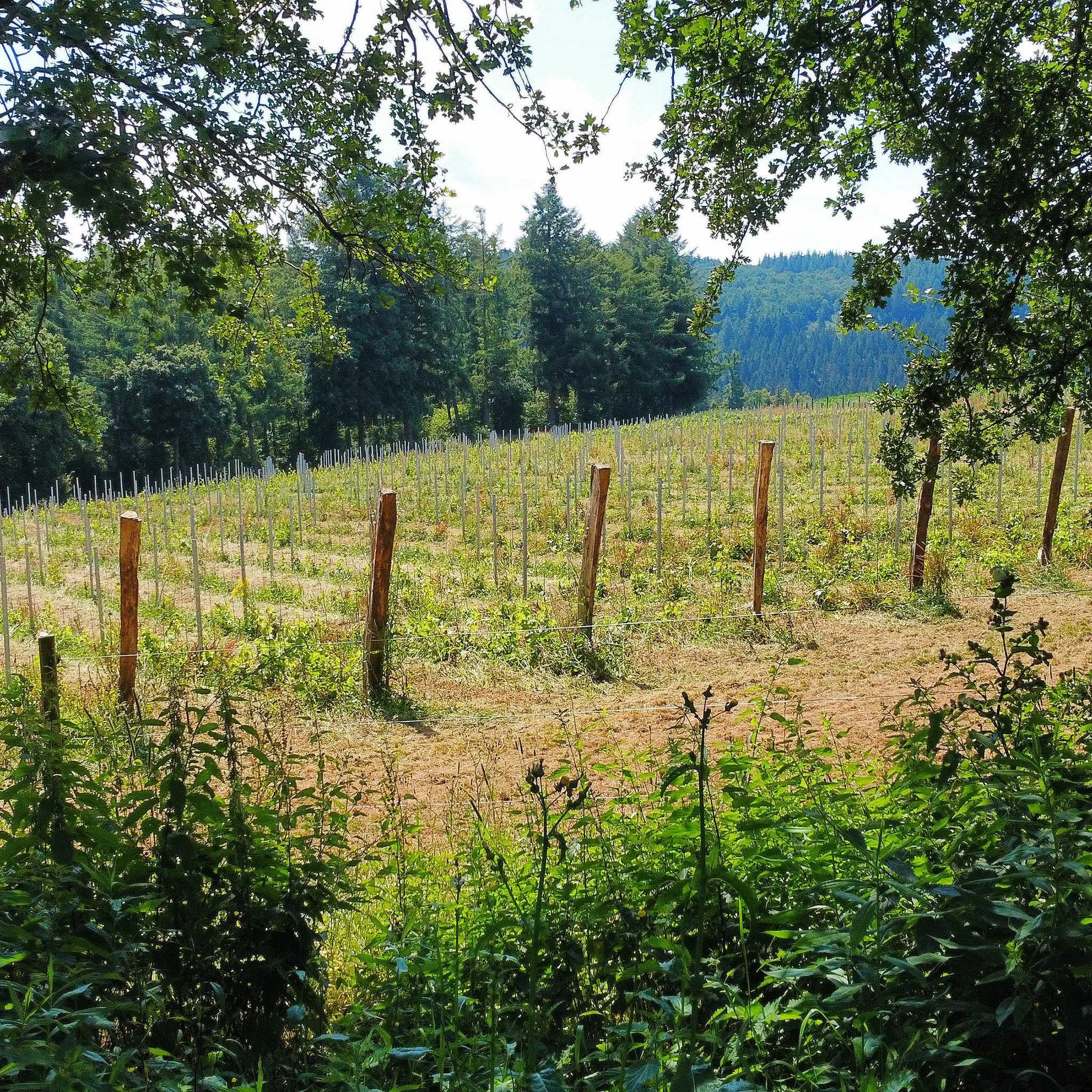
On unspoilt Ardennes schist soil, our family is breathing new life into a land that was little used by our ancestors. We cultivate resistant grape varieties to create organic wines that are authentic and full of character.
At Roisechamp, our vineyards are a natural extension of our values: eco-consciousness, innovation and respect for the living.
We planted a first hectare in May 2024 on an undulating, unspoilt terroir on the edge of the forest, and a further 1.5 hectares in May 2025 in the immediate vicinity of the cabins, to create a direct link with the site.
This established rhythm means that each vine can be carefully monitored, while respecting the balance of the environment. The first harvest will take place in around three years, giving the vines time to take root and express their terroir.
We have chosen six grape varieties that are resistant and well adapted to the climate. They fit in with our vision of organic, responsible, forward-looking viticulture.
A vine that coexists with the living
At Roisechamp, the vineyard is at the heart of a living ecosystem. Trees will be planted between the rows to enrich the soil, limit disease and encourage biodiversity. A Miyawaki forest borders the site. Eventually, beehives, insect hotels and wildlife shelters will be installed to encourage pollination, reinforce natural balances and limit pests. Here, vines grow in direct harmony with nature.
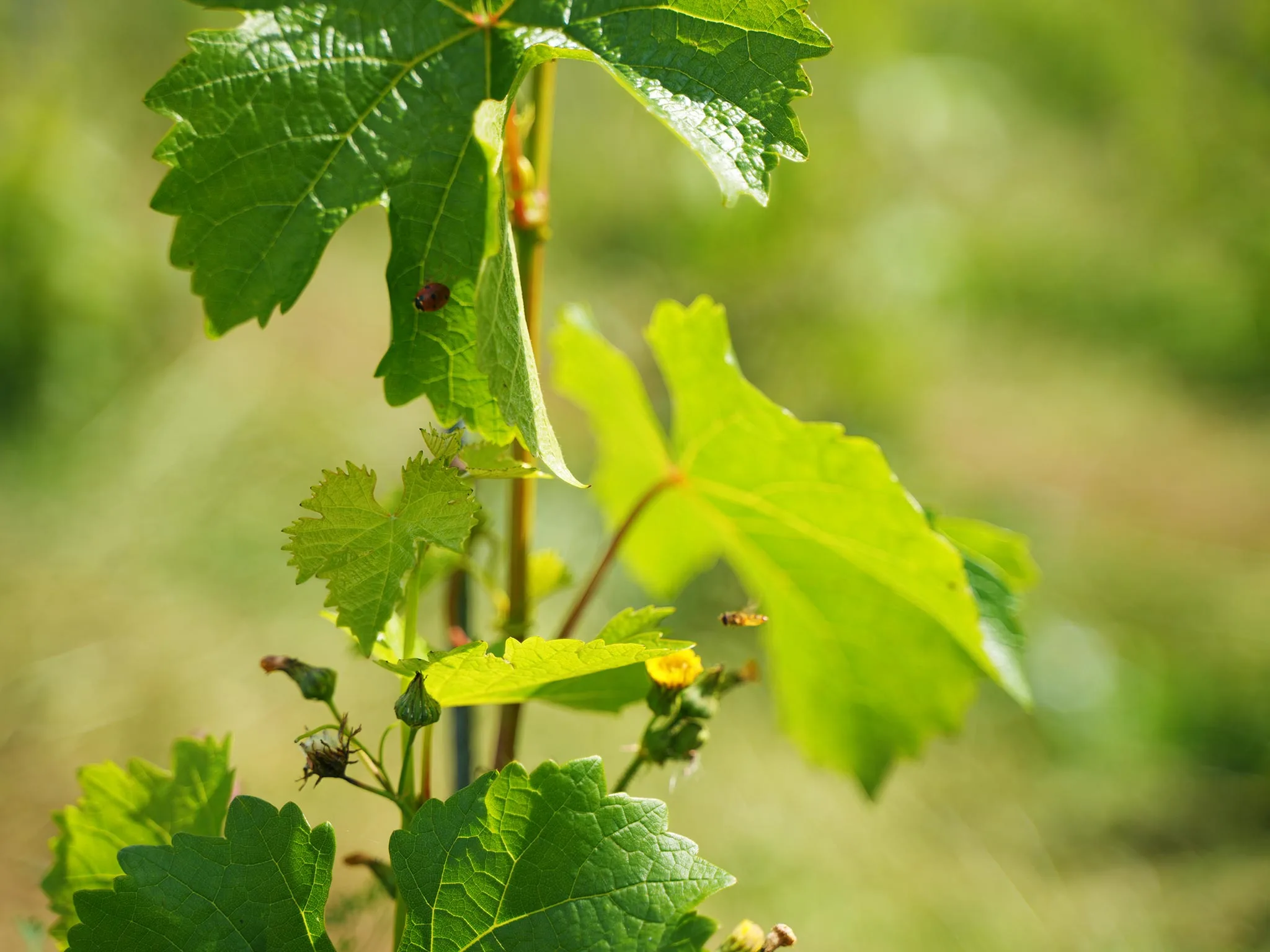
Organic vineyards
Grown organically, the grapes reflect our commitment to a healthy environment. We hope that this future wine will fully express the character of the Ardennes terroir, in a respectful and committed approach.
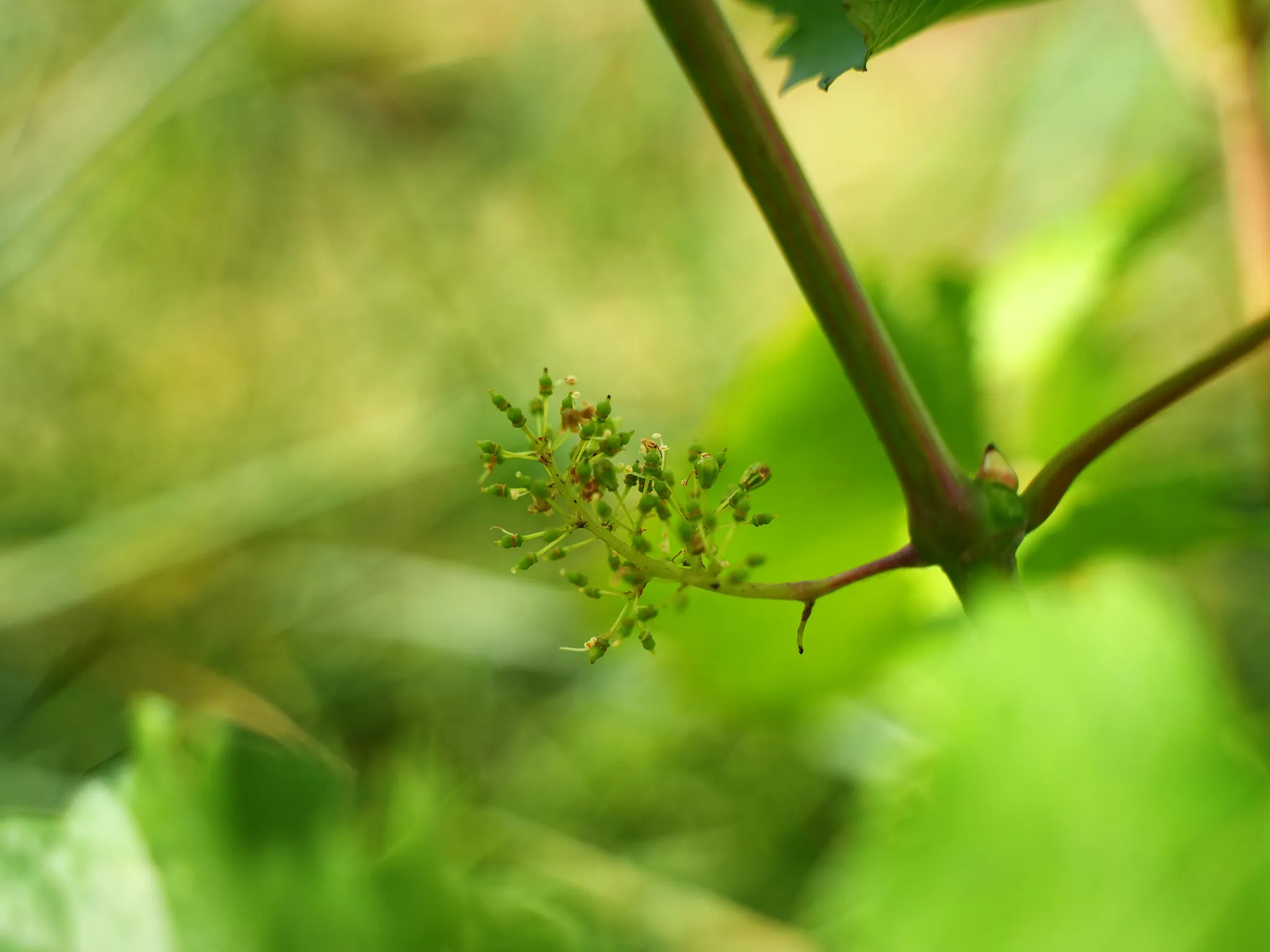
Family vineyard work on the land of our ancestors
Together, we cultivate this Ardennes terroir using a combination of sustainable practices and innovative methods. Our aim: to produce a wine that reflects our land and our commitment.
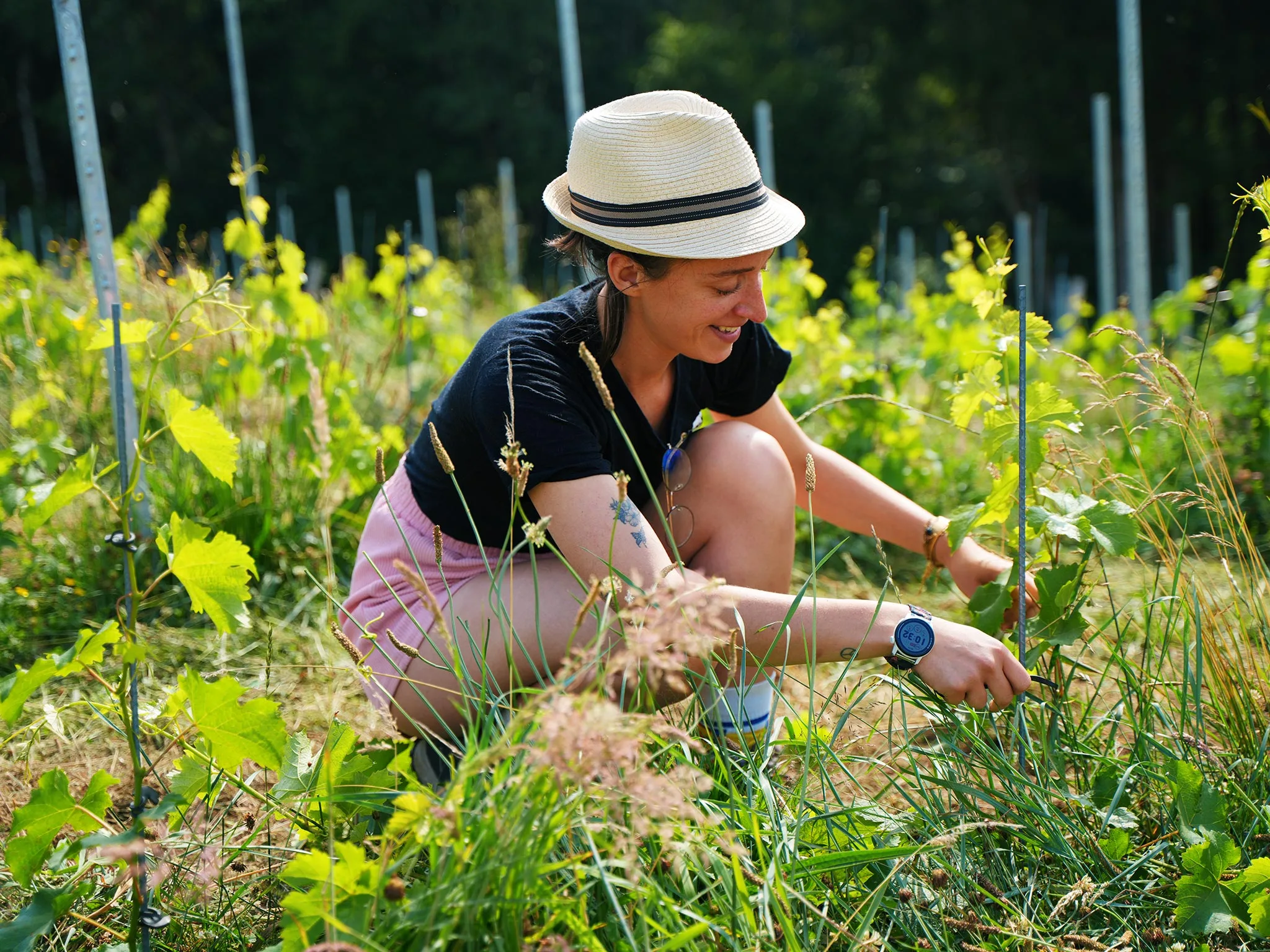
A relatively untouched terroir conducive to good wine
For decades, these Roisechamp lands have remained untouched by intensive cultivation, preserving their natural structure, biodiversity and balance. Today, we cultivate them respecting their rhythm, their slope, their schistose soil, and planting vines designed to last. This well-preserved terroir, both demanding and generous, should produce concentrated, expressive grapes. We hope they will give birth to a wine of character from a living soil.
